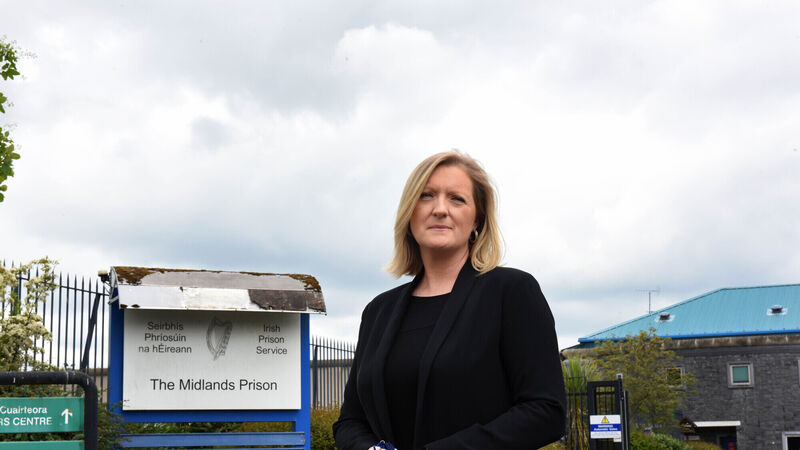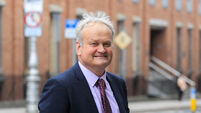Alison O’Connor: Ex prisoners show positive change is possible following bad decisions

Irish Prison Services' Head of Psychological Services Dr Emma Regan says that if you build people up in prison, they are better equipped for the outside world when they are released. Picture: Moya Nolan
Tom is a father of two children in secondary school. He wants to set a good example for them. He does know that having their dad in prison, serving a lengthy sentence, is not a great place to start.
But at 37 he is using his time in Mountjoy Prison to turn his life around. His first time in prison he began by going back to school, having left at 15, and is now studying for a degree. Before that when he was doing the Leaving Cert he’d talk to his kids about the subjects.















